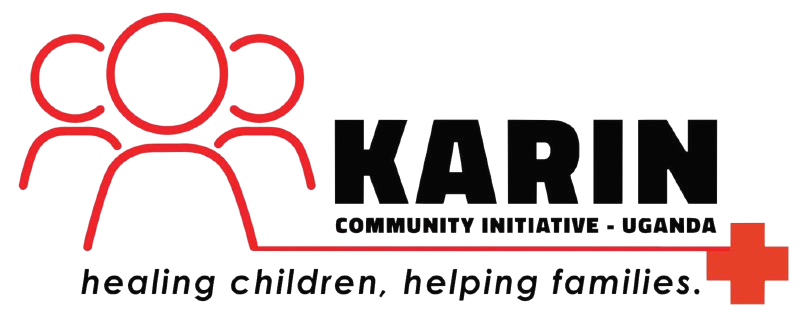Community Health Insurance Changing lives in Gulu!
In any community, people become ill and require access to health care facilities and treatment. Regardless of the nature of the health issue, the health outcomes depend to a large degree on individuals’ ability to access health care services. Unfortunately, in our community Gulu, due to low incomes per household, women and children are deprived of a chance to attain even the basic health care services. Uganda has one of the worst healthcare records in the world, but with development of community initiatives like karin and training of village health teams are bringing life-saving services to hundreds of people like Margaret in Gulu.
Monpe Margaret, 70 years, is struggling with an epileptic daughter who happens to be a mother of three and a widow. “My life has been difficult while struggling for food and water all the time.” Says Margaret, “Seeing these children at home without school fees and no money for treatment breaks my heart.” She adds. “Thanks to KARIN, I now get medicine at an affordable price through Community health insurance which has improved our lifestyles.”
Talk to locals in Gulu, Northern Uganda, about what worries them most in life and the answer will probably be their health and the health of their family. Look at the statistics and it’s easy to see why. Despite record investment over the past five years, Uganda’s healthcare performance is still ranked as one of the worst in the world by the World Health Organisation. The country is ranked 186th out of 191 nations.
When KARIN started operations in 2001, serious external challenges emerged with increasingly poor and erratic drug distribution, lack of trained medical staff and equipment. As years have gone by, it is clear that hitting the ambitious health targets set in 2007 will not be easy.
However, there have been some notable achievements. and thanks to partners like you, our newly constructed maternity ward at Unyama Health facility and Community Health insurance scheme are being welcomed by the community and now means that more than 1000 people can easily access maternity services as well as simple but potentially life-saving diagnostic tests for HIV, malaria, Typhoid and tuberculosis at affordable prices.
